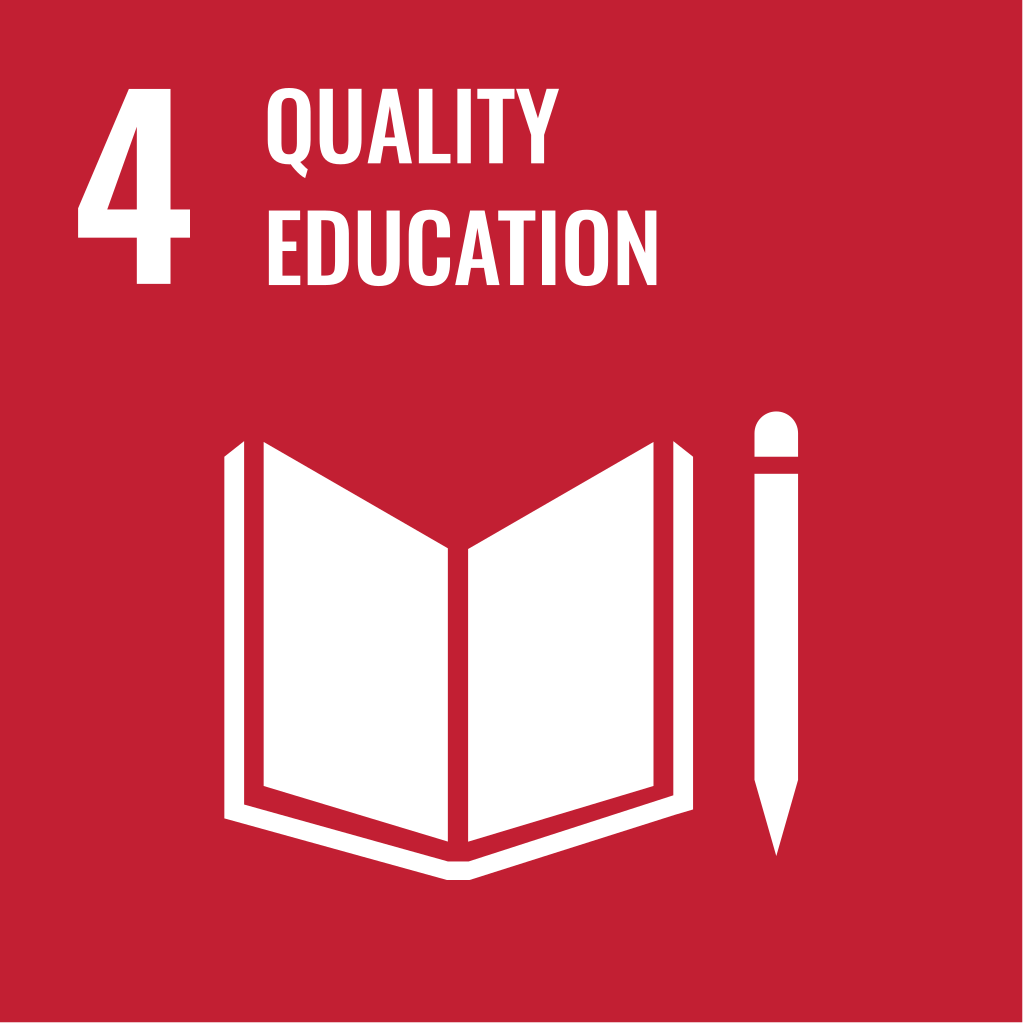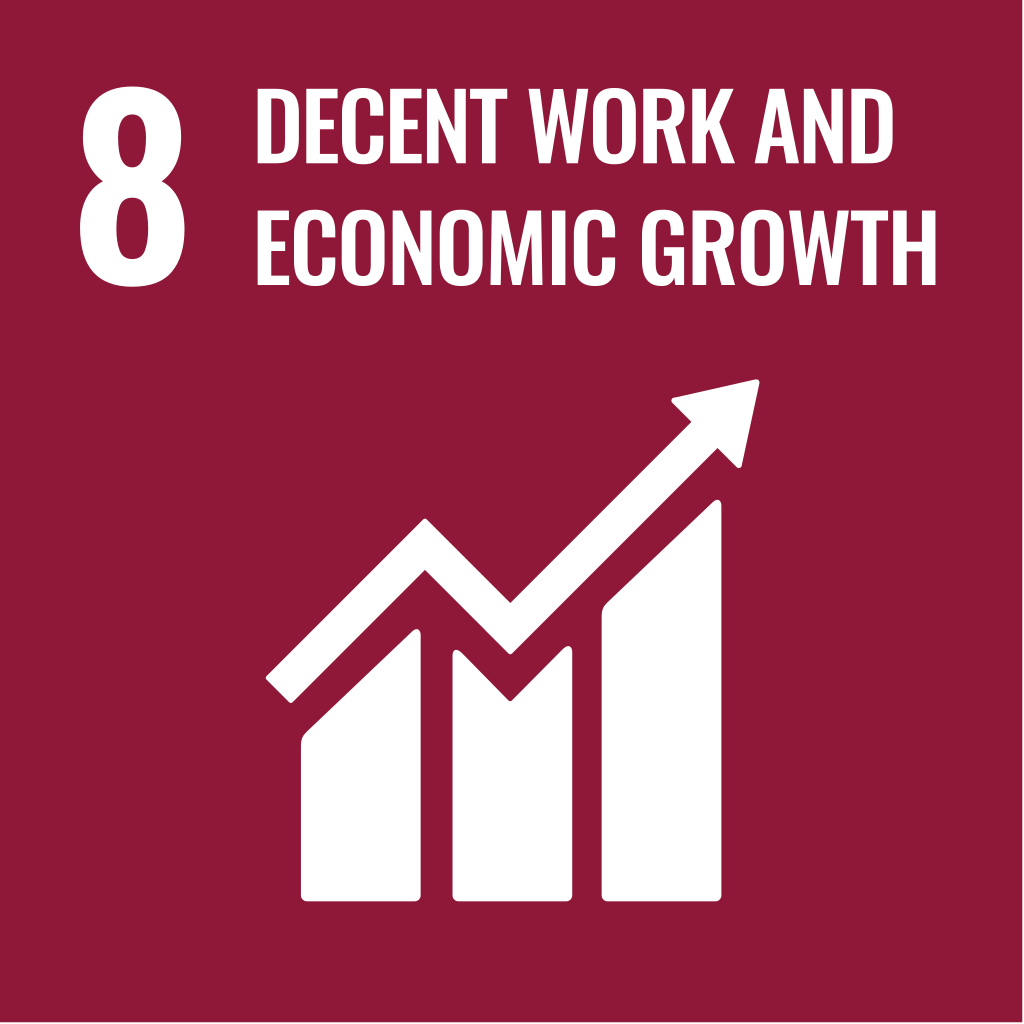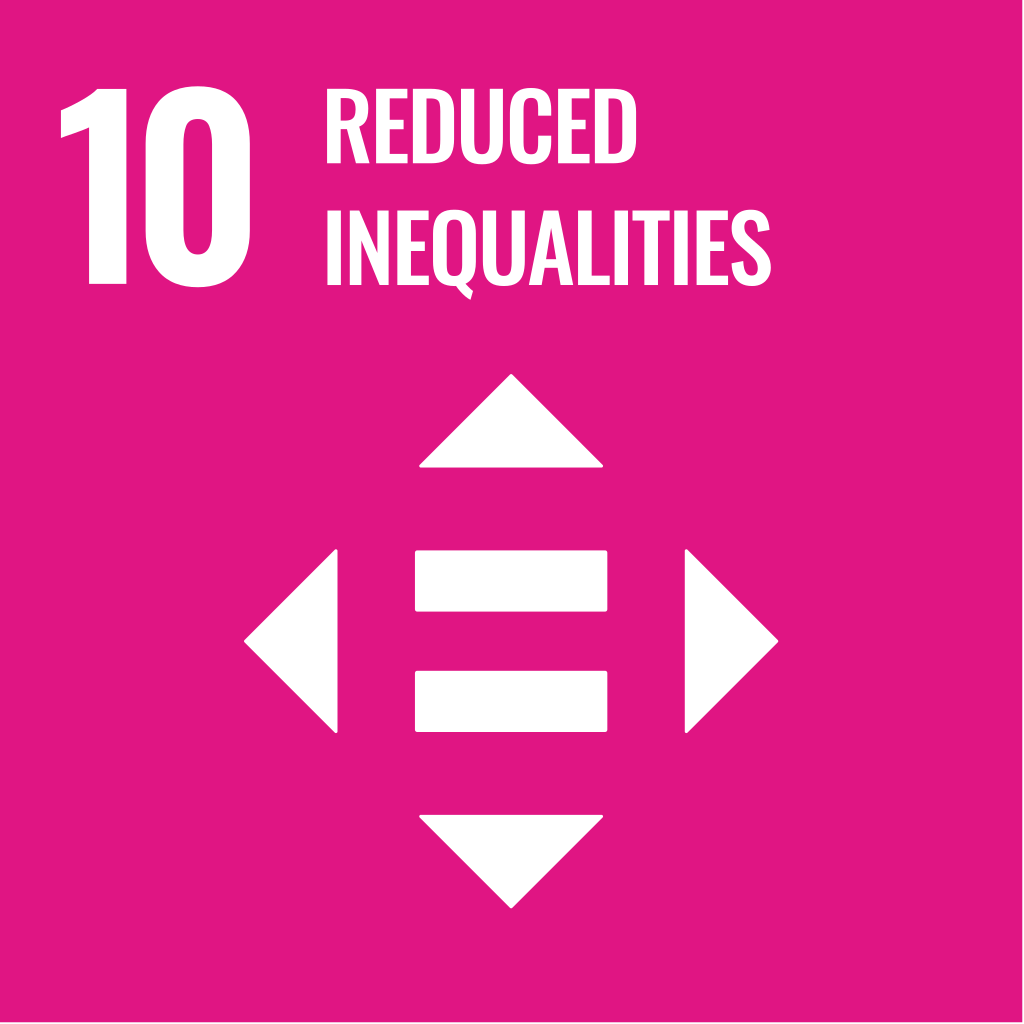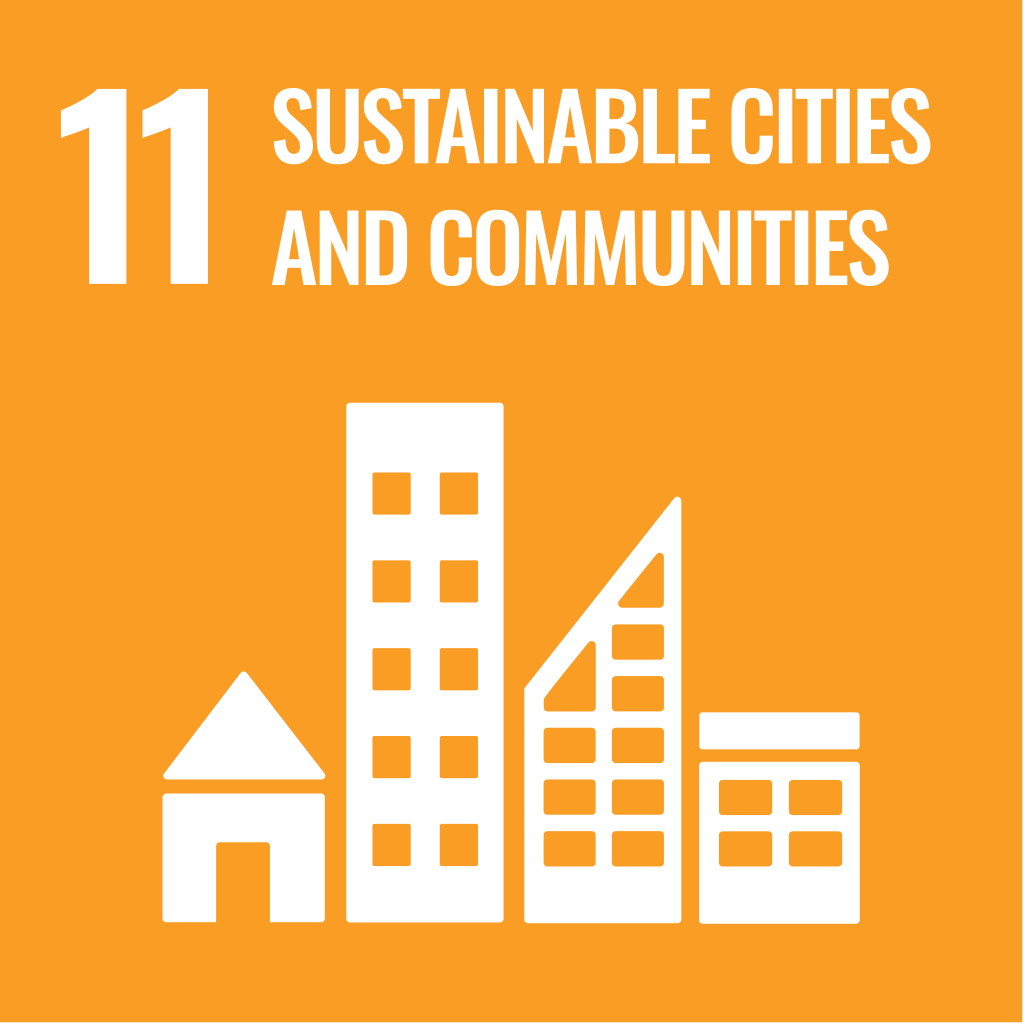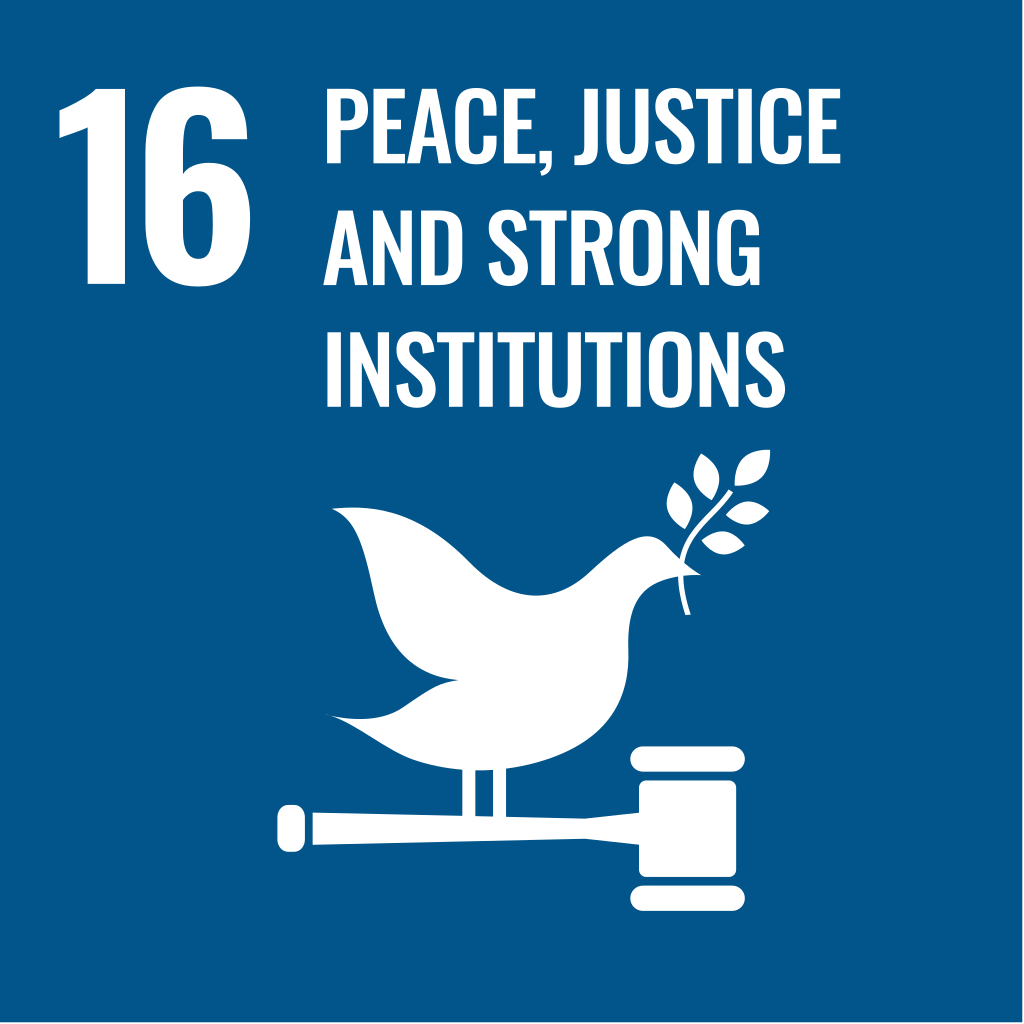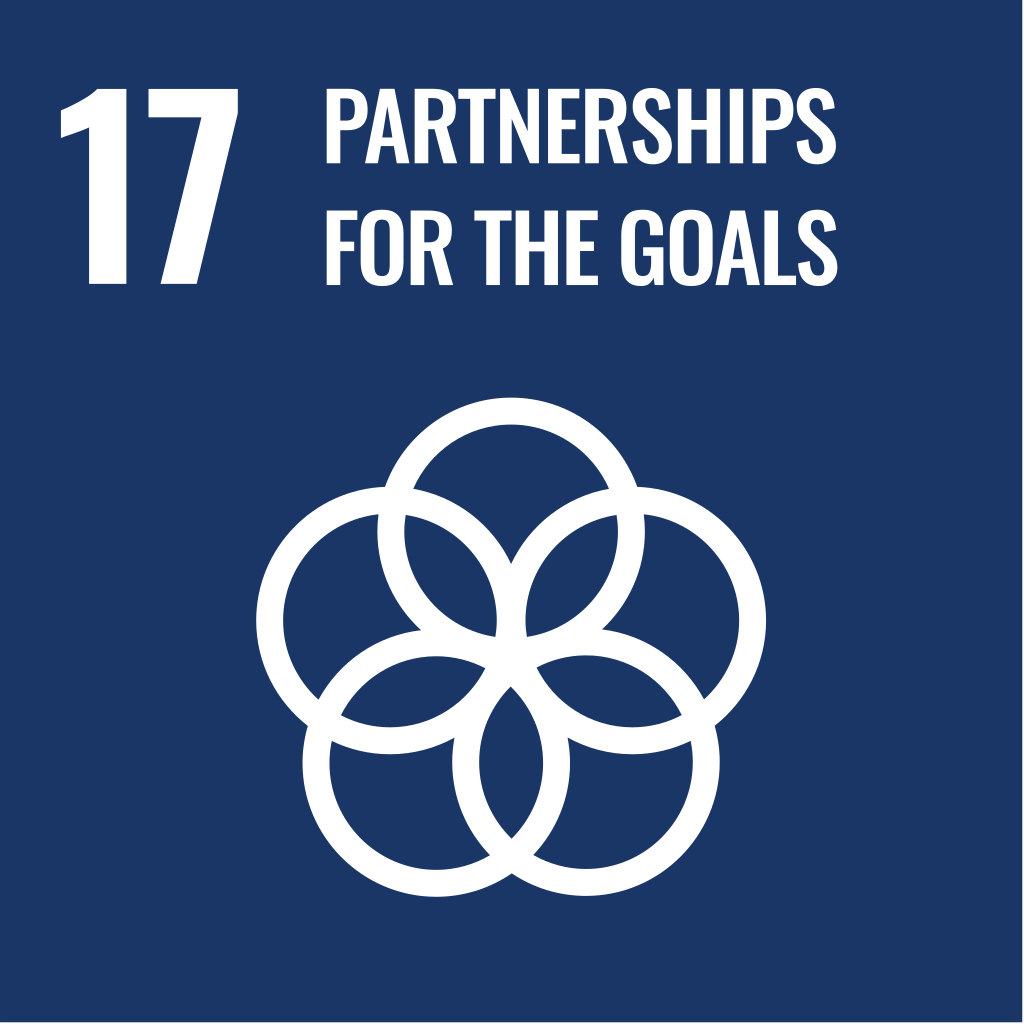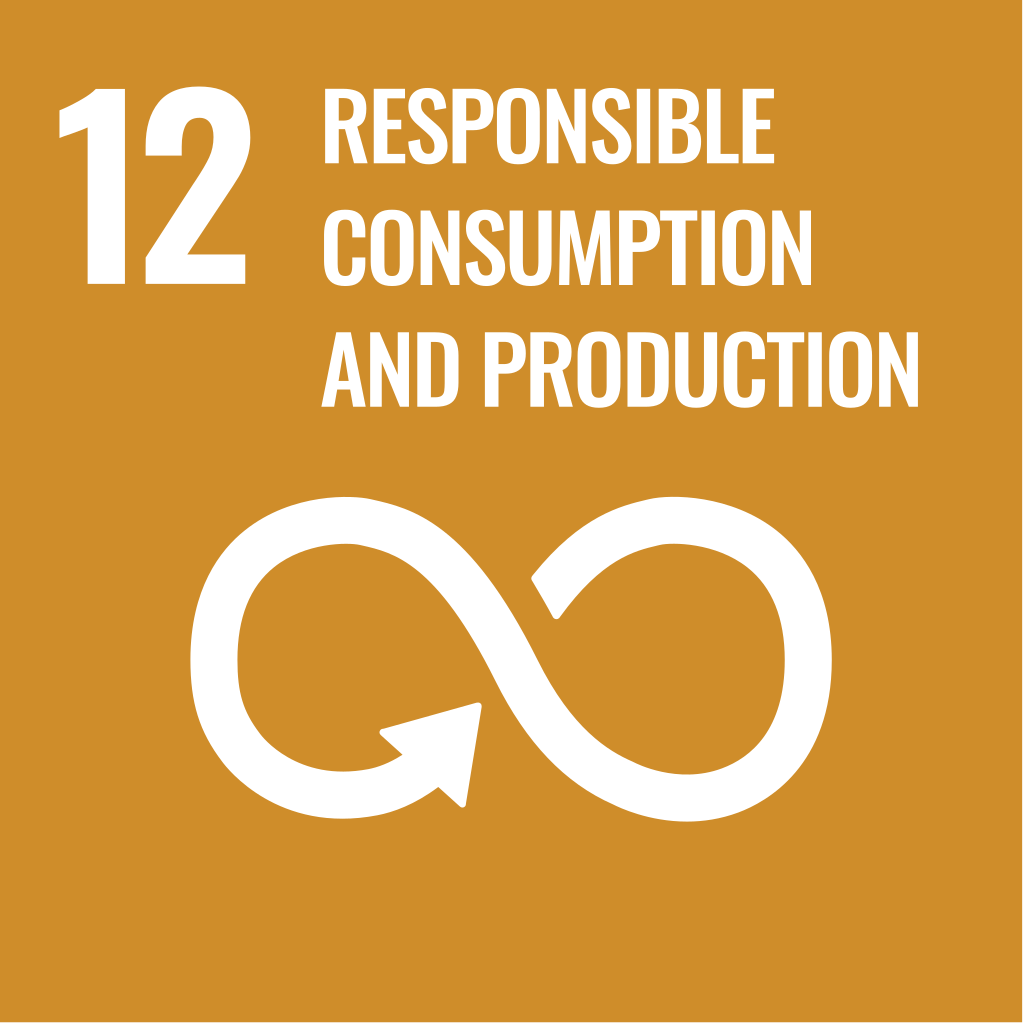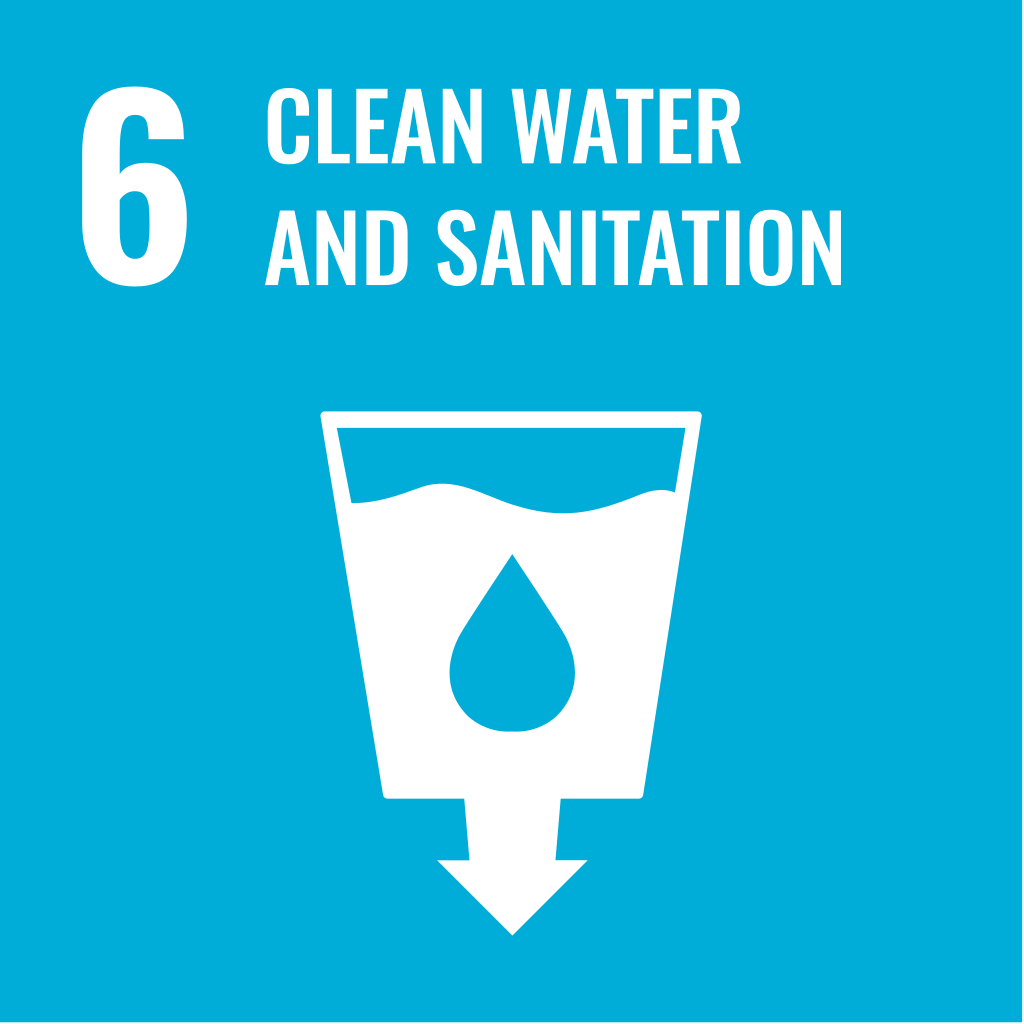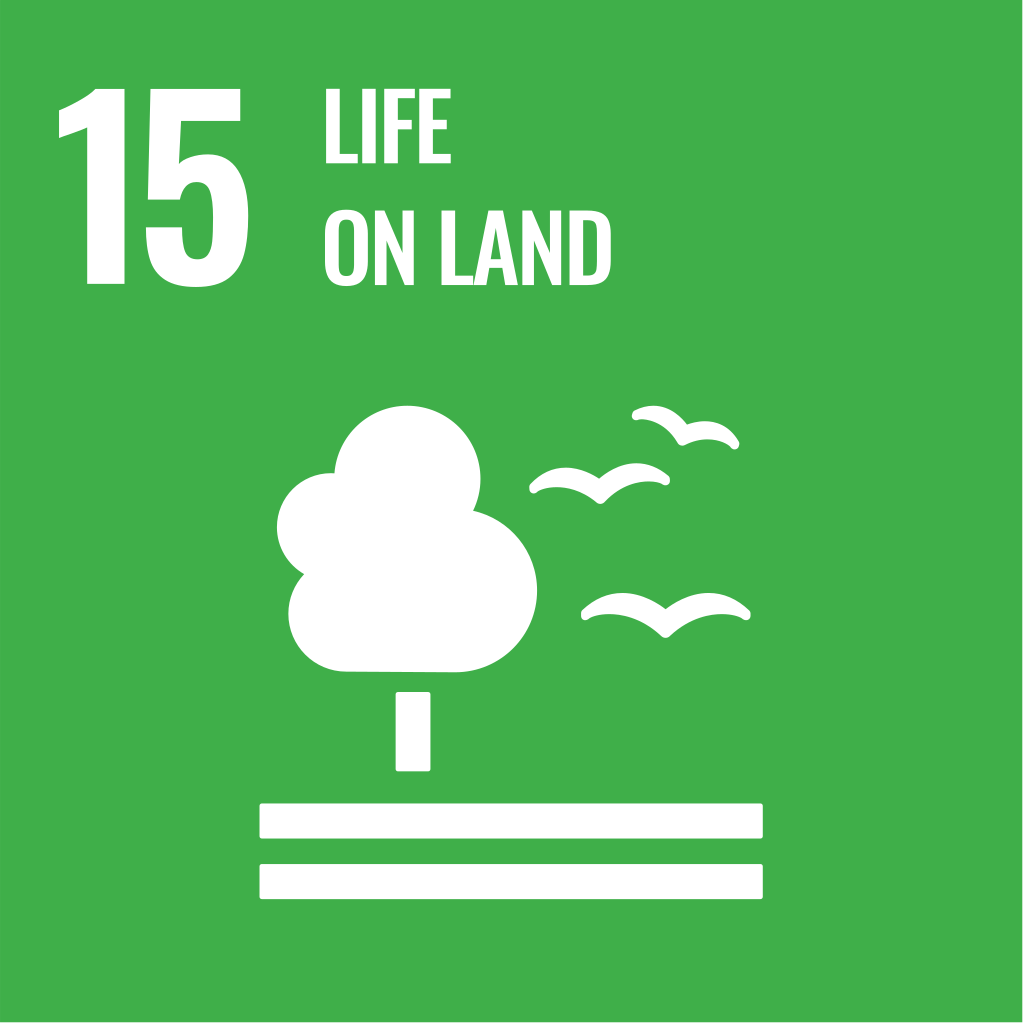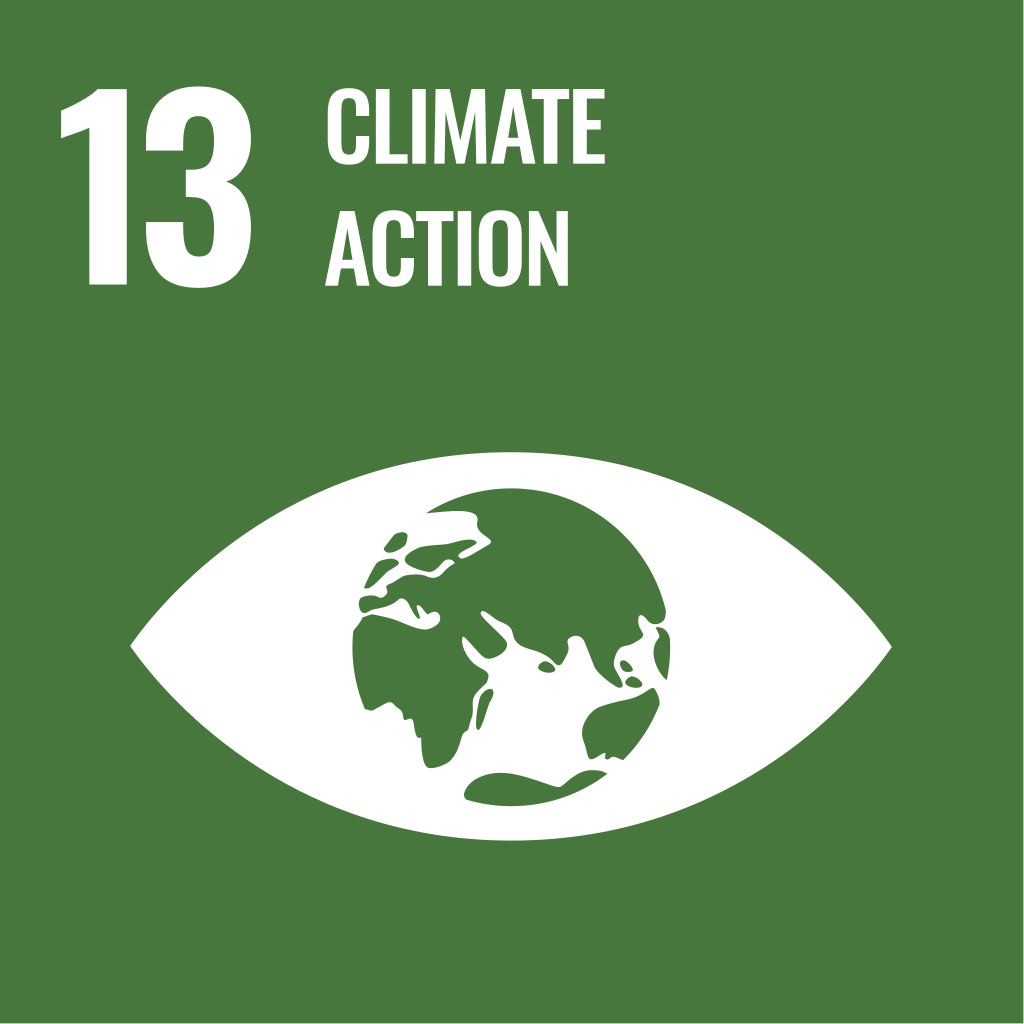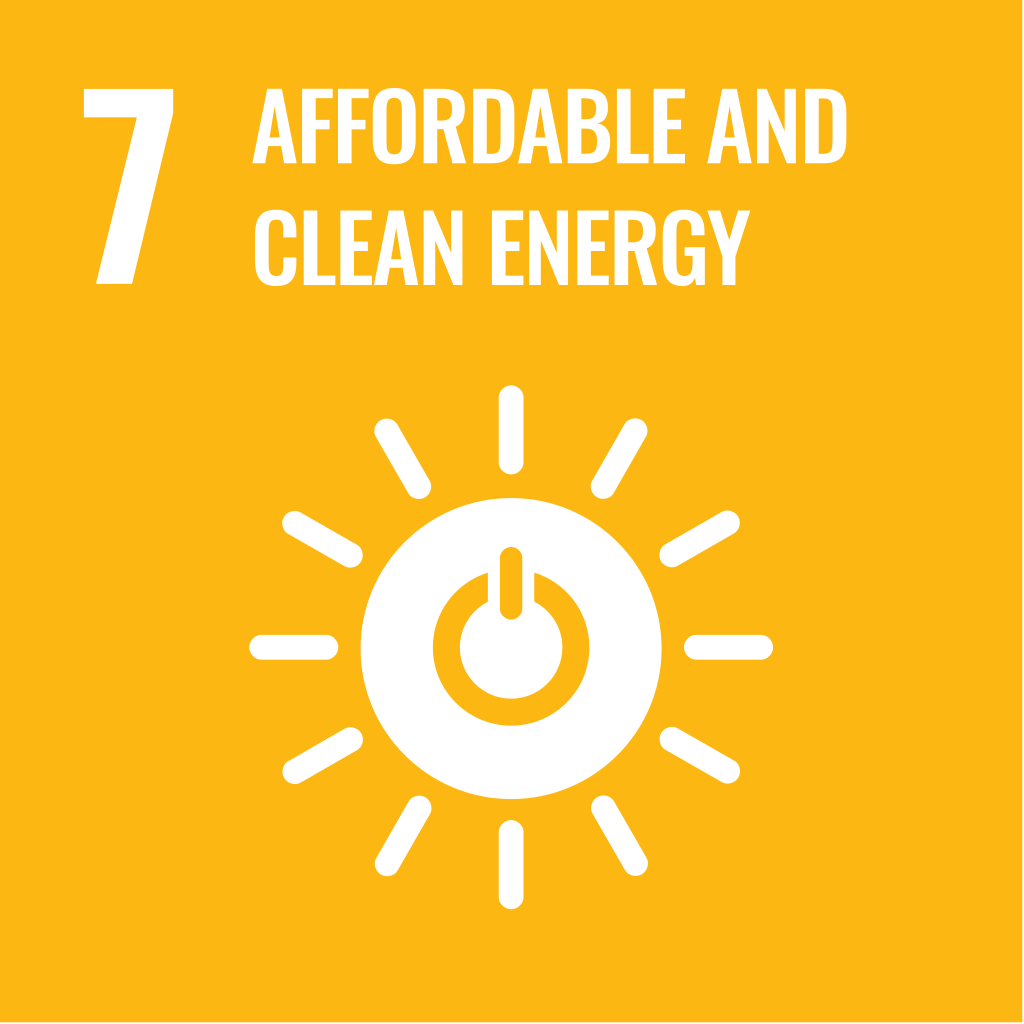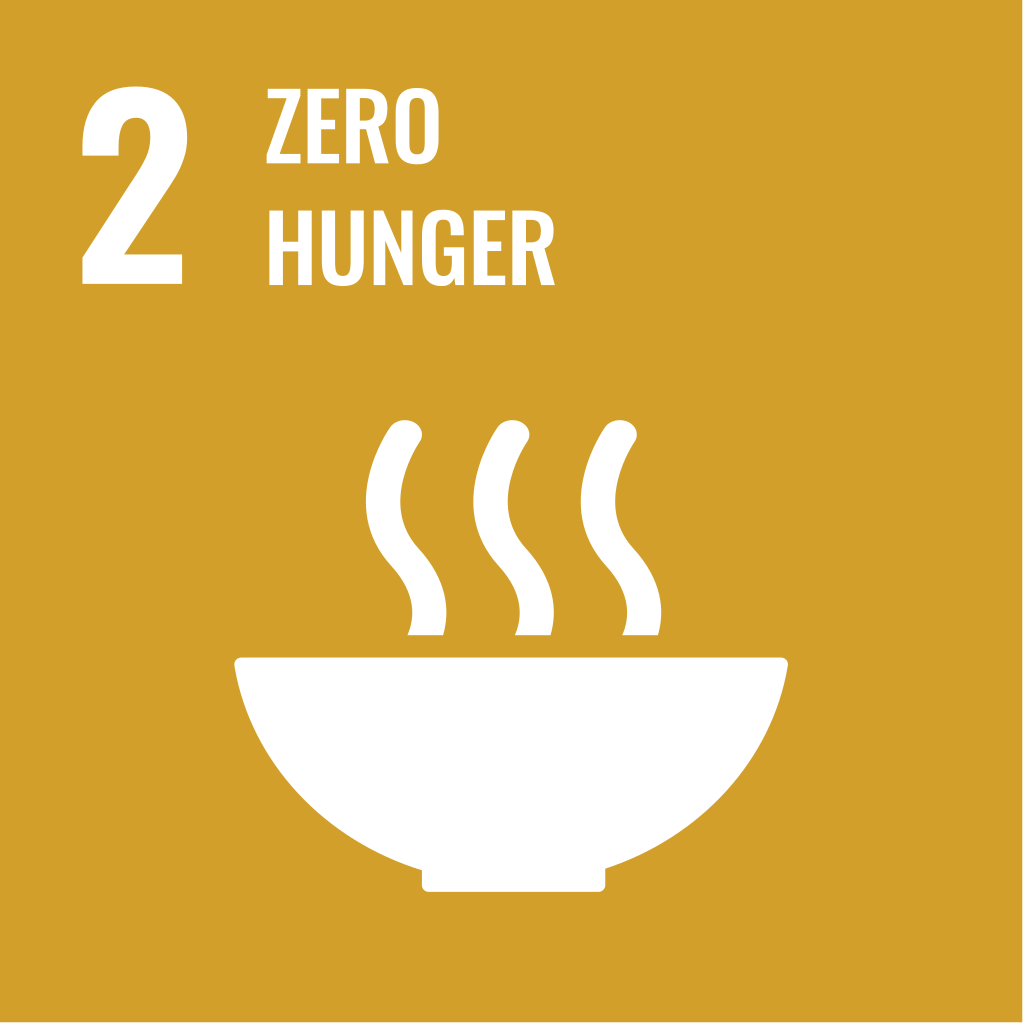| Course label : |
Spanish |
| Teaching departement : |
LVI / Foreign Languages |
| Teaching manager : |
Madam HAKIMA LARABI |
| Education language : |
|
| Potential ects : |
0 |
| Results grid : |
|
| Code and label (hp) : |
ENSCL_CI_M8_3_3 - Espagnol |
Education team
Teachers : Madam HAKIMA LARABI
External contributors (business, research, secondary education): various temporary teachers
Summary
Building on level B2 of the Common European Framework of Reference for Languages, this course prepares students for level C1. At the end of the second year, students must reach the level of autonomous speaker, which will allow them to express themselves easily in Spain or in a Spanish-speaking country.
During this semester, particular interest will be attached to the world of science and scientific research, educational materials related to students' majors (chemistry, biomass and the environment; chemical and formulation specialities; and materials chemistry).
Educational goals
Prepare students to complete their second-year internship in a Spanish-speaking country in the short term. Give them the opportunity to improve the four language skills in the medium term and develop the linguistic, scientific and cultural aspects necessary for their future engineering profession in a globalised world that stresses the importance of intercultural interactions.
Oral comprehension:
- Understand fairly long conferences and speeches, follow a complex argument if the subject is relatively familiar.
- Understand most TV programmes about current events and the news.
- Oral expression:
Take part in a conversation.
- Communicate with a degree of spontaneity and ease that makes normal interactions with a native speaker possible.
- Actively participate in a conversation in familiar situations.
- Present and defend your point of view and opinions.
Orally express yourself continuously.
- Express yourself clearly and in detail on a wide range of subjects relating to certain areas of interest.
- Develop a perspective on a current topic and explain the advantages and disadvantages of different possibilities.
- Written comprehension:
- Read articles and reports on scientific, current or contemporary issues.
- Differentiate the explicit from the implicit, identify the specific attitude or point of view of an author.
- Identify relatively important information.
- Written expression:
- Write clear and detailed texts on a wide range of subjects relating to certain interests.
- Write an essay or report by transmitting information or by setting out reasons for or against a given opinion.
- Write letters that highlight the meaning personally attributed to events and experiences.
- Written grammatical and lexical skills.
- Consolidation of acquired knowledge.
- Expand vocabulary and knowledge of idiomatic expressions.
Professional aspects: Know how to write an assessment, write a report. Understand the administrative procedures in Spain. (Lease contract, bank, post office, etc.). The different types of mail (request, complaint, thank you, etc.).
Debate, uses nuances, and argue in the scientific approach.
The themes: Scientific and societal topics (cosmetics, nanotechnologies, sustainable development, food waste, etc.).
Sustainable development goals
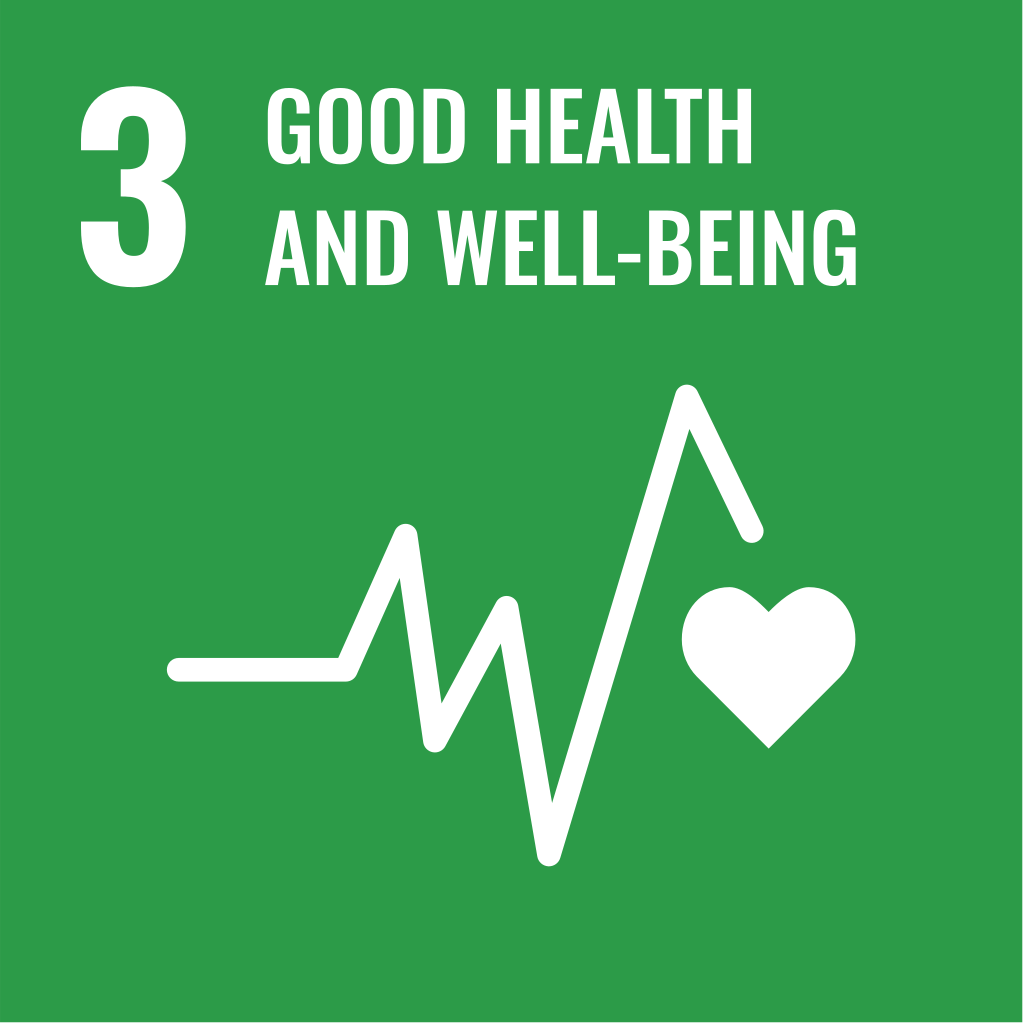

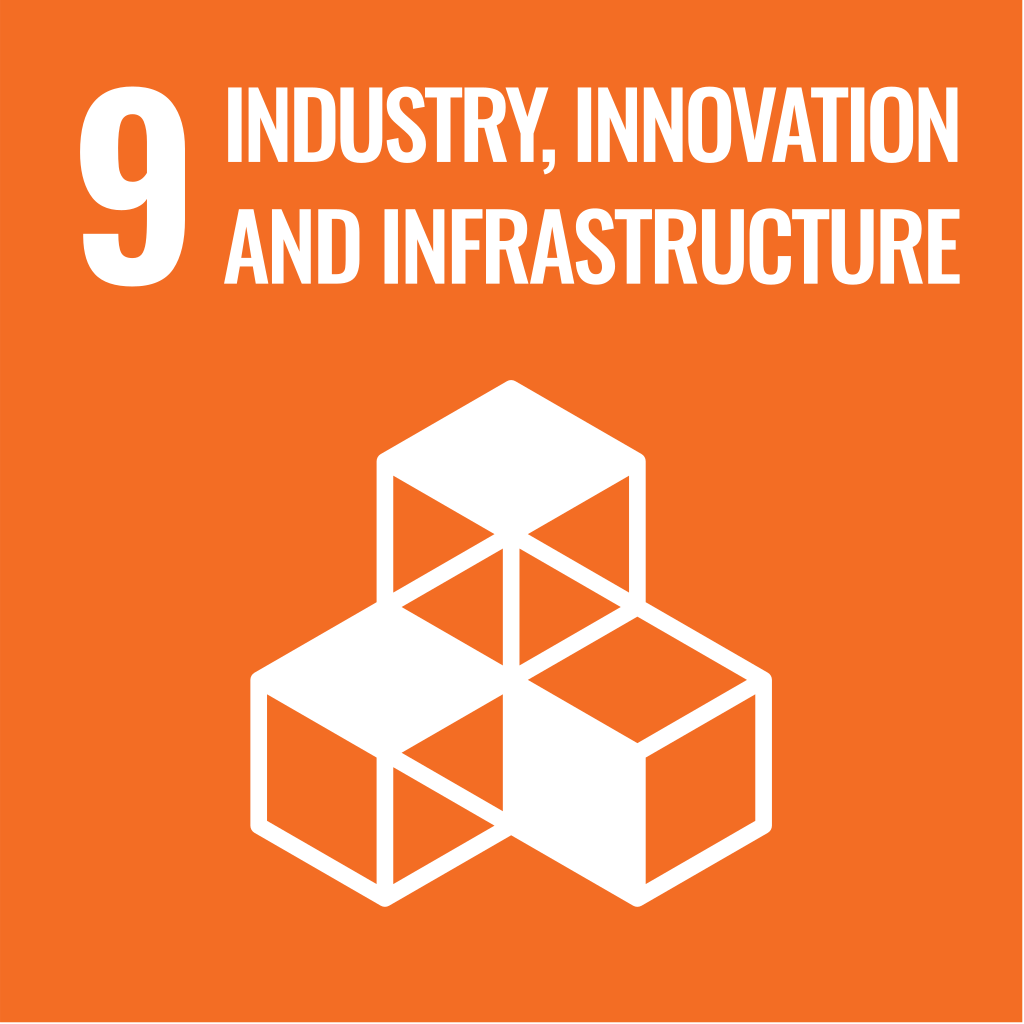
Knowledge control procedures
Continuous Assessment
Comments: The continuous assessments, in addition to the midterm exams, aim to assess each of the four skills for each semester, giving increasing importance to oral expression, an essential tool for any engineer in the workplace.
Online resources
Civilisation, politics and international institutions: https://www.un.org/es/ (the UN's official website)
https://www.casareal.es/ES/Paginas/home.aspx (official website of the royal family of Spain)
Commissioner for the defence of citizens' rights: https://www.defensordelpueblo.es/
UNESCO: https://es.unesco.org/
Spanish government: https://www.lamoncloa.gob.es/Paginas/index.aspx.
The EU's official website: https://europa.eu/european-union/index_es
Cervantes Institute: https://www.cervantes.es/default.htm
Free online dictionaries:
Diccionario de la lengua espaï¿œola RAE: https://www.rae.es/
WordReference.com: https://www.wordreference.com/
Diccionarios Vox: https://www.diccionarios.com/
Diccionario en lï¿œnea gratis de la Universidad de Oviedo: http://www6.uniovi.es/dic/
Diccionario panhispï¿œnico de dudas: https://www.rae.es/dpd/
13 Diccionarios de la Real Academia Espaï¿œola: https://www.rae.es/recursos/diccionarios
Diccionario de colocaciones del espaï¿œol: http://www.dicesp.com/paginas
Busca palabra: https://www.buscapalabra.com/
Diccionario de regionalismos: http://www.jergasdehablahispana.org/
Diccionario de americanismo: http://lema.rae.es/damer/
Grammar and conjugation:
Lingolia: https://espanol.lingolia.com/es/gramatica
Logos universal conjugator: http://www.logosconjugator.org/
Todo claro: https://www.todo-claro.com/c_index.php
Spanish Unicorn: https://www.spanishunicorn.com/practica-de-conjugacion-preterito-indefinido- pdf/ EFE Practical Spanish exercises: https://www.practicaespanol.com/ejercicios/
Marco ELE papeles gramï¿œtica del espaï¿œol como lengua extranjera: https://marcoele.com/gramatica-a/
Press.
El paï¿œs: https://elpais.com/
El mundo: https://www.elmundo.es/
Huffpost: https://www.huffingtonpost.es/
ABC: https://www.abc.es/?ref=http:%2F%2Fwww-langues.univ-lille1.fr%2Fco%2F06_presse.html
Clarï¿œn: https://www.clarin.com/
EFE: https://www.efe.com/efe/espana/1
Sport: https://www.sport.es/es/
Toda la prensa.com: https://www.todalaprensa.com/
Oral comprehension:
EFE practica espaï¿œol comprsiï¿œn auditiva: https://www.practicaespanol.com/tag/comprension-auditiva /Profe de ELE.es: https://www.profedeele.es/categoria/destrezas/comprension-auditiva/
Marco ELE: https://marcoele.com/contenidos/
RTVE: https://www.rtve.es/directo/la-1/
https://www.rtve.es/alacarta/
Pedagogy
The multimedia laboratory and computer room allow students, supervised by their teacher, to work on the four language skills, with significant importance given to oral comprehension of authentic and recent documents, essential contact with the cultural realities of the Hispanic world and culture. In addition, special attention will be given to oral communication.
- Oral comprehension: multimedia language lab or video sequence.
- Oral expression: continuous (presentations, professional projects, reports, etc.) and interactions (simulations, role play)
- Written comprehension: press articles addressing the world of work and its cultural specificities.
- Written expression: (write a formal and informal letter, write a dialogue, brainstorming topics, etc.)
- Preparation for DELE B2 and C1.
Professional aspects:
- Broaden knowledge/write other letters. (Complaint letters, business letters, etc.)/write an email
- Oral expression: continuous (presentations: learn how to take stock, professional projects, reports, etc.) and interactions (simulations, role play, make a video).
Sequencing / learning methods
| Number of hours - Lectures : |
0 |
| Number of hours - Tutorial : |
0 |
| Number of hours - Practical work : |
0 |
| Number of hours - Seminar : |
0 |
| Number of hours - Half-group seminar : |
0 |
| Number of student hours in TEA (Autonomous learning) : |
0 |
| Number of student hours in TNE (Non-supervised activities) : |
0 |
| Number of hours in CB (Fixed exams) : |
0 |
| Number of student hours in PER (Personal work) : |
0 |
| Number of hours - Projects : |
0 |
Prerequisites
Students must have validated semester 7.
Maximum number of registrants
Remarks
At the end of the course, engineering students should have acquired (and validated for those volunteering) level B2 at the end of the second year. They should begin level C1 in the third year. Volunteer students are therefore given the opportunity to take the DELE B2 or C1 exam (Diploma de Espaï¿œol como Lengua Extranjera [Spanish certification level B2]). This certification is recognised by companies internationally. Students will also be offered the opportunity to take the CLES B2, a public university language certification.
Furthermore, students have a week of intensive language classes, which allow them to immerse themselves in the school itself and give them the opportunity to prepare, to the best of their ability, for a departure abroad to carry out their internship, if necessary, with less apprehension.

